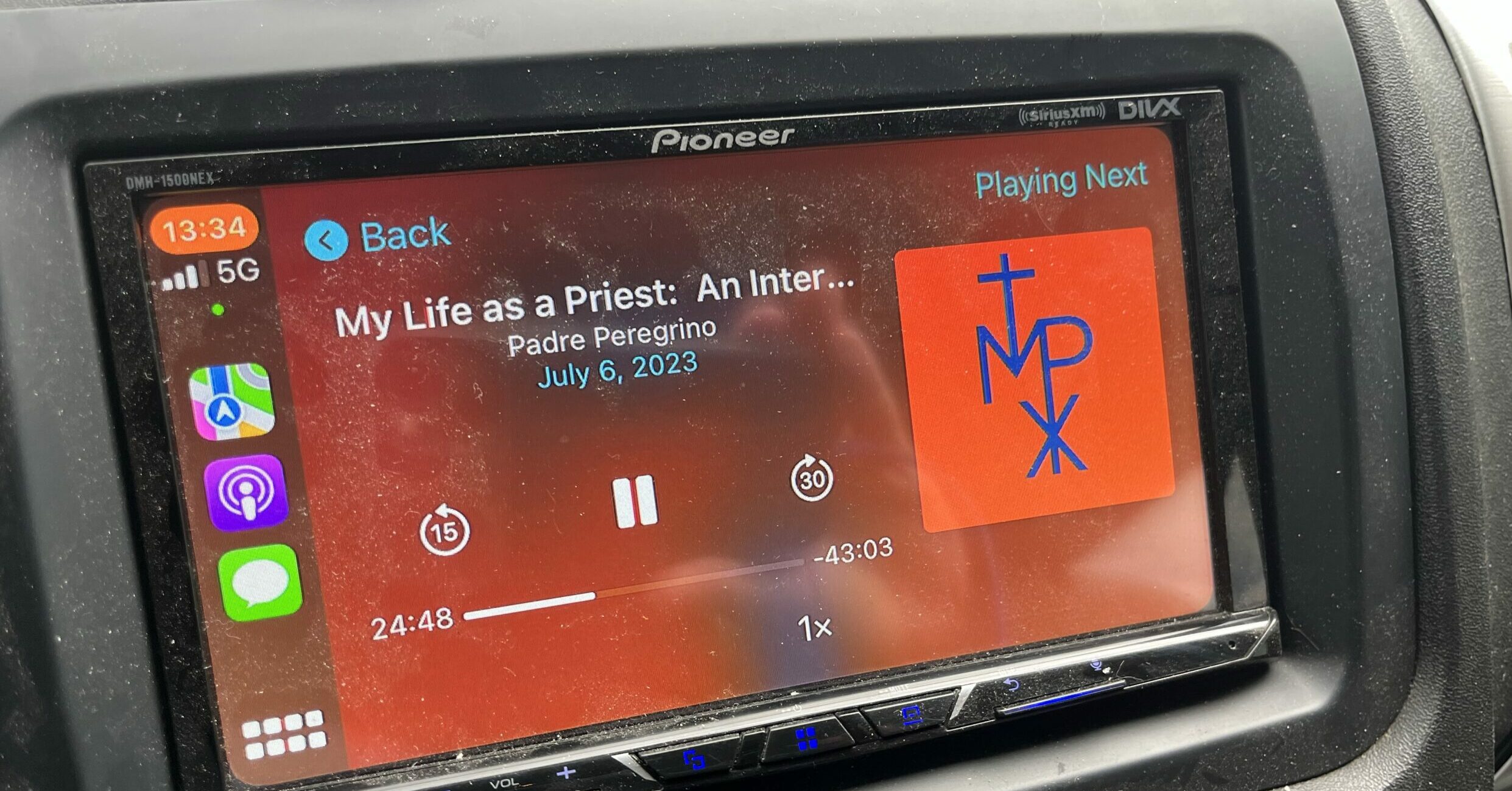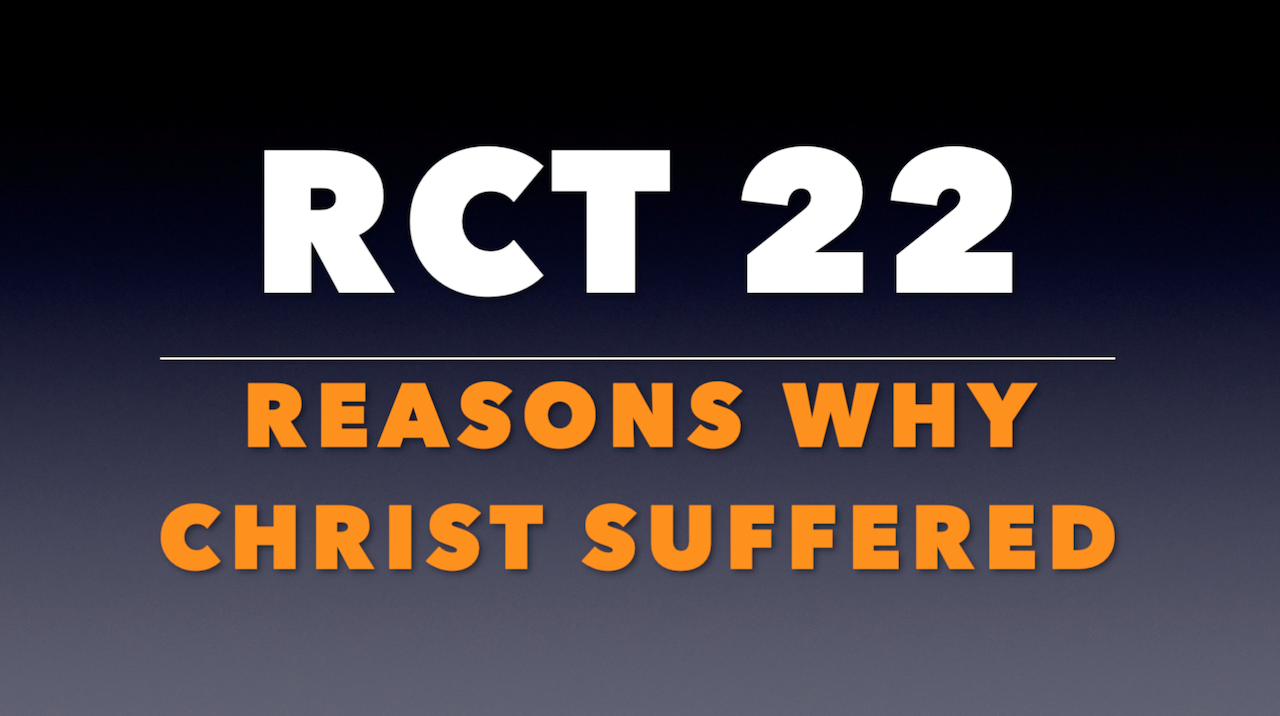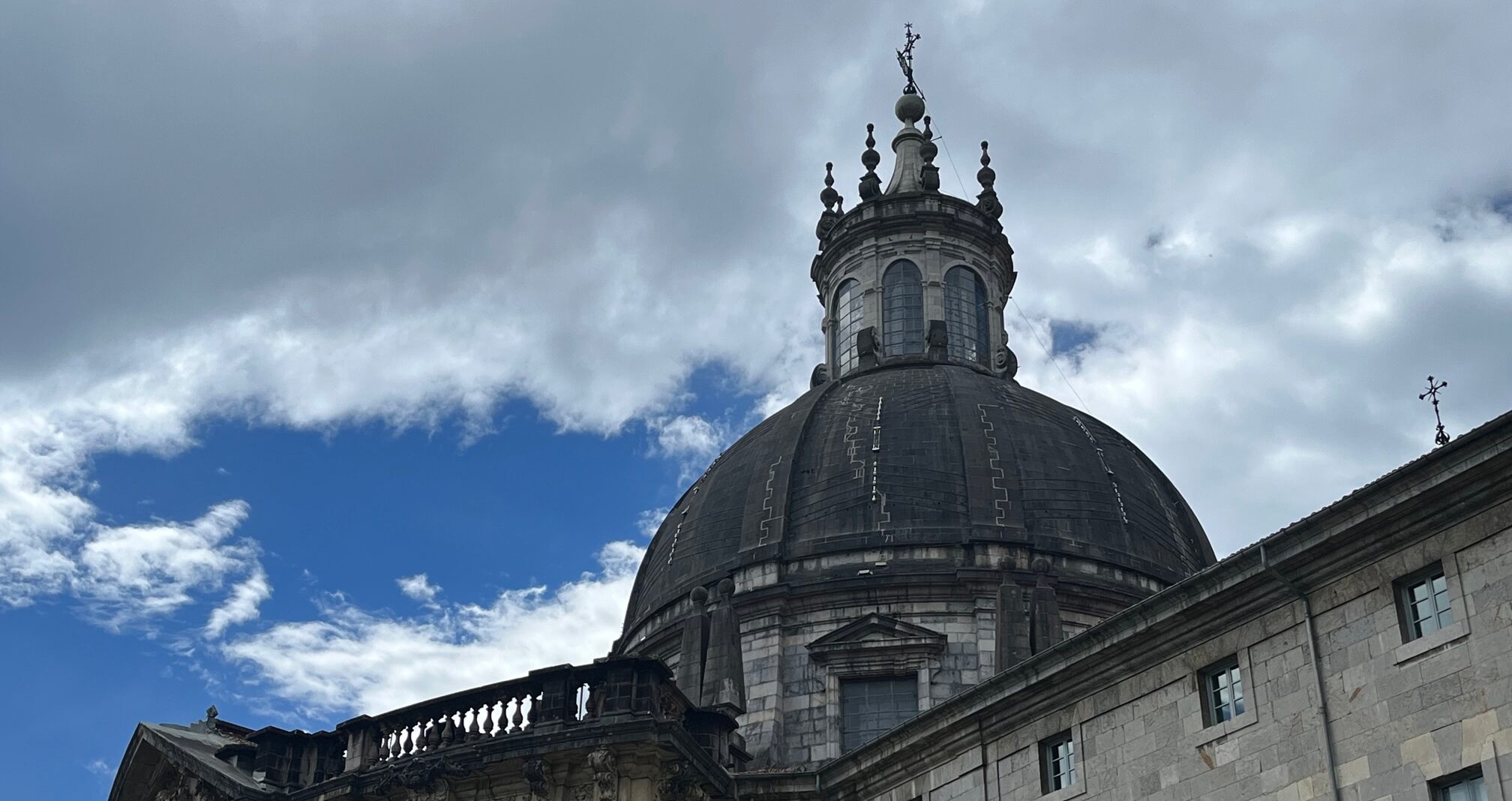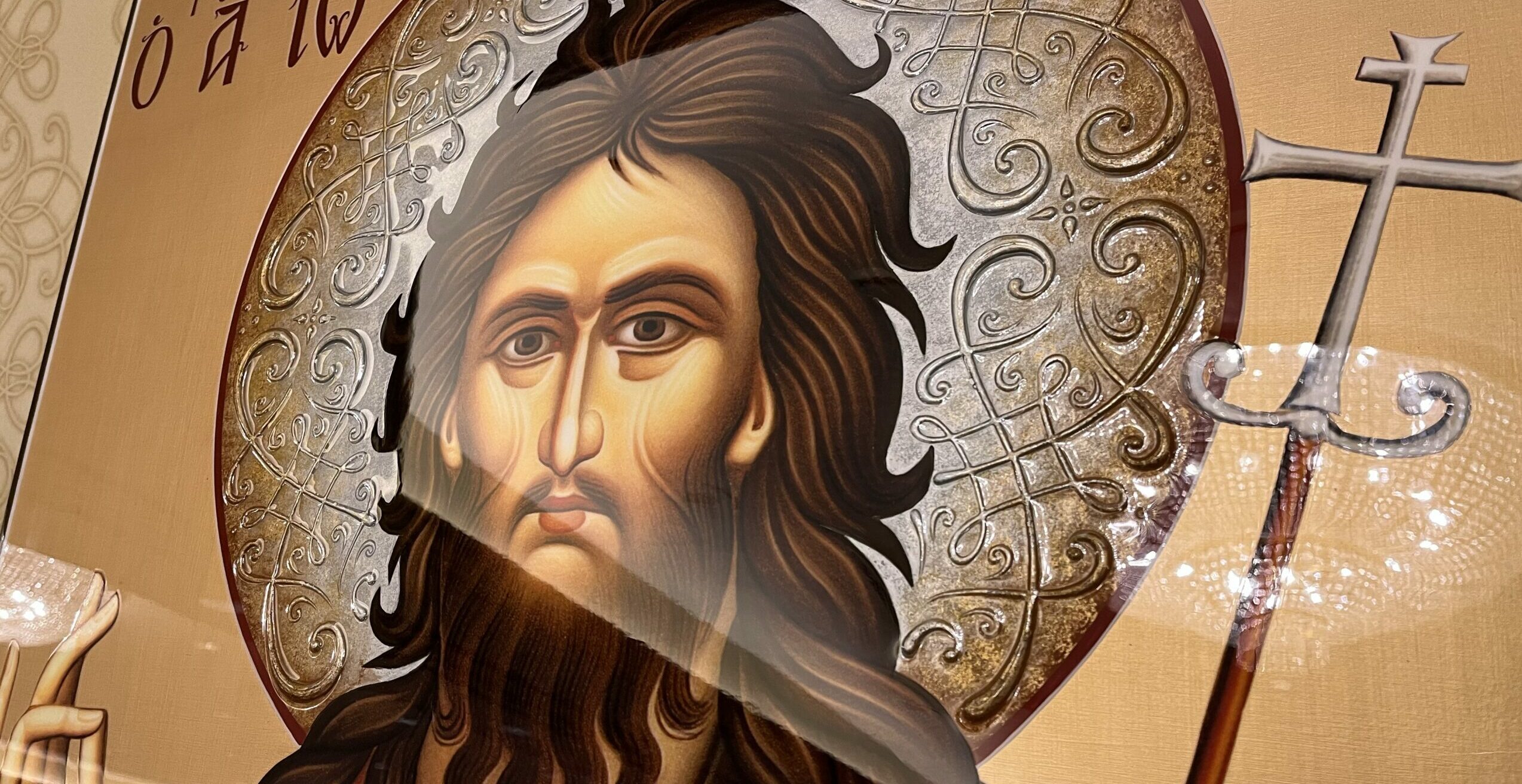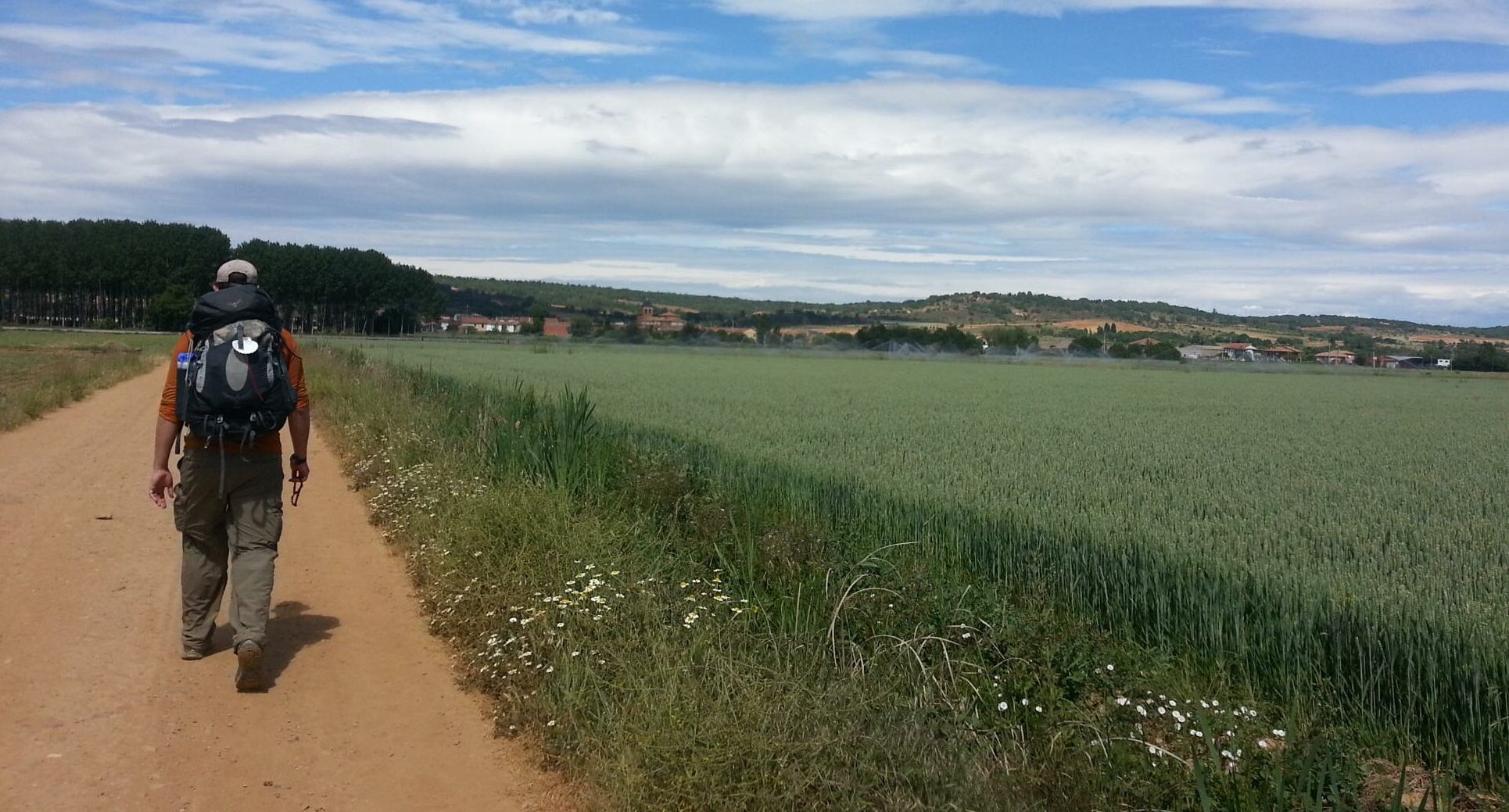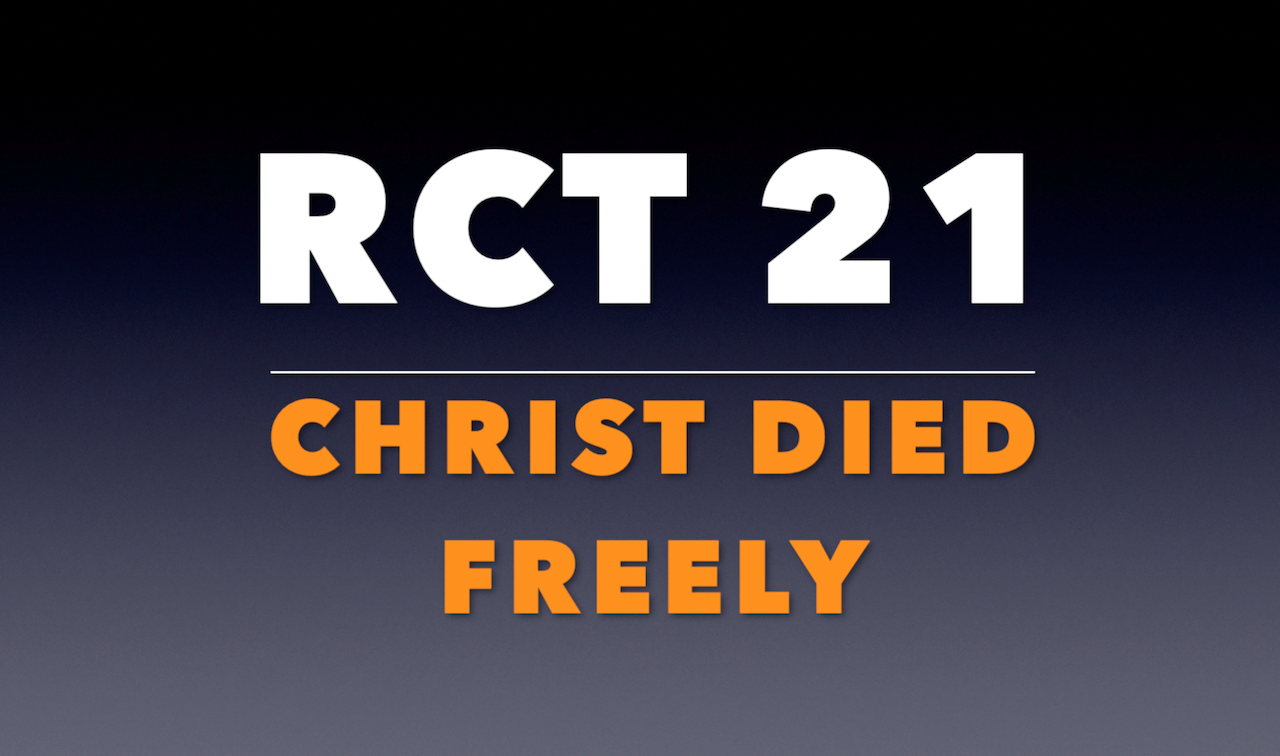My Life as a Priest: An Interview
A high-school buddy of mine, Marc, has converted and become a traditional Catholic. Marc is a civil attorney. On the side, he runs a Catholic website called https://catholicesquire.org and a YouTube channel (linked below.) In his interview of me, he asks me about my life as a hermit (or monk-missionary, more practically) and how I became a traditional priest after being raised a progressive Catholic. https://www.youtube.com/watch?v=_djpVBIjOpc
“Backwardsism” and True Progress
An article at Rorate Cæli is titled Francis confirms his hatred for the Latin Mass and it quotes him as saying: "I certainly know that the Council is still being applied. It takes a century for a Council to be assimilated, they say. And I know the resistance to its decrees is terrible. There is incredible support for restorationism, what I call indietrismo (backwardness)." I too used to say things like, "It takes a hundred years for a Council to be implemented correctly." But now I see this doesn't apply to Vatican II. It only applies to dogmatic councils that were established to dissipate confusion, not seminate it. We have had 20 dogmatic ecumenical councils that included infallible anathema statements. Most of these ended up ultimately growing the numbers of the Catholic Church, whereas Vatican II tanked it... and continues [...]
RCT 22: Reasons Why Christ Suffered
The Roman Catechism of Trent {RCT} p. 57-61. The Creed, Article IV, Part C. *** - My site: www.padreperegrino.org - Rumble Channel: https://rumble.com/c/c-1209063
A Woman’s Conversion on Birth Control
From Fr. David Nix: This is a short conversion story written by a married friend. As you read it, notice how her own conscience comes into play with objective truth. She writes... As a new Catholic, I quickly fell in love with the Rosary. I loved the prayers, the meditations, the lovely beads. Not long into my devotional life with the rosary, as I was praying I had the fleeting thought, "Why am I not getting out of the Rosary what I think other people are receiving?" In the tiniest flash, the Blessed Mother's face was before me and I got the interior the message: "Birth Control." I had the theological response, "What about it?" You see, I was an unbaptized person when I married my husband, a lifelong Catholic. All I knew of God was that He was the [...]
The Red-Herrings Upon Which Canceled-Clergy Are Hanged
A red-herring is defined as “something that misleads or distracts from a relevant or important question.” In this blog post, I will use that term to describe the false-pretext upon which good bishops and good priests are removed from ministry. A "canceled priest" or a "canceled bishop" is one who is removed for unjust reasons, never for being a real-criminal. Recently, at the Conference for the Coalition of Canceled Priests, Brian McCall gave a phenomenal talk on the definition of a canceled priest and the limits of obedience according to St. Thomas Aquinas. Every canceled-priest has a real-reason and a fake-reason why he is on the shelf. For example, Fr. Altman told me he was canceled because he "brought up the dogmatic truth that your body is the Temple of the Holy Spirit and you do not have to be [...]
Liberation Theology and Synodality
"Liberation Theology" is a Marxist heresy that developed in Latin America during the 1970s and 1980s declaring that the way to liberate the poor was not liberation from sin, but rather liberation from oppression, even to the point of using violence against the upper-class and middle-class. Like all Marxist movements, it lost control of its violence. The epicenter of "liberation theology" in the 1980s was Nicaragua when countless bishops and priests supported the Marxist "Sandisista" movement. Malachi Martin, in his 1987 New York Times Bestseller, The Jesuits, explains this movement of Marxist priests and bishops: It was a dream come true. A dream put into clear words by the same Father Boff: “The sacred power must be put back in the hands of the people.” No teaching or directing authority would be allowed “from above,” from the alien, hierarchic Church. [...]
VLX Special: Recorded at Loyola, Spain
I was in Loyola, Basque country. At the location of the birth and conversion of St. Ignatius of Loyola, I explain to our 80 American pilgrims the way of St. Ignatius’ prayer and discernment. This was the instructions on the interior life that captured the heart and mind of millions, including St. Francis Xavier, the dear friend of St. Ignatius.
Nativity of St. John the Baptist Sermon
Sermon for the Feast of St. John the Baptist 2023.
Ten Tips To Walking the Camino De Santiago
In the first century, following his martyrdom in Jerusalem, the body of St. James the Greater (one of the twelve Apostles of Jesus Christ) was taken by angels and disciples back to the Northwest part of the country he had previously evangelized: Spain, specifically Galicia. His body was discovered nearly a millennium later, and pilgrims through the middle ages walked to Northwest Spain to the bones of the Apostle. In fact, Santiago was one of the three greatest pilgrimage sites of the Middle Ages, next to Rome and Jerusalem. Our 2015 walking Pilgrimage across Spain By the 1970s, the Way of St. James (Camino De Santiago) had nearly fallen into oblivion. But then something happened in the 1980s and 1990s: Both Catholics and secular Europeans began to walk the Way again. Today, about 200,000 pilgrims walk the Camino [...]
RCT 21: Christ Died Freely
The Roman Catechism of Trent {RCT} p. 53-57. The Creed, Article IV, Part B. Where does donor-money go? https://www.padreperegrino.org/2023/05/donormoney/
